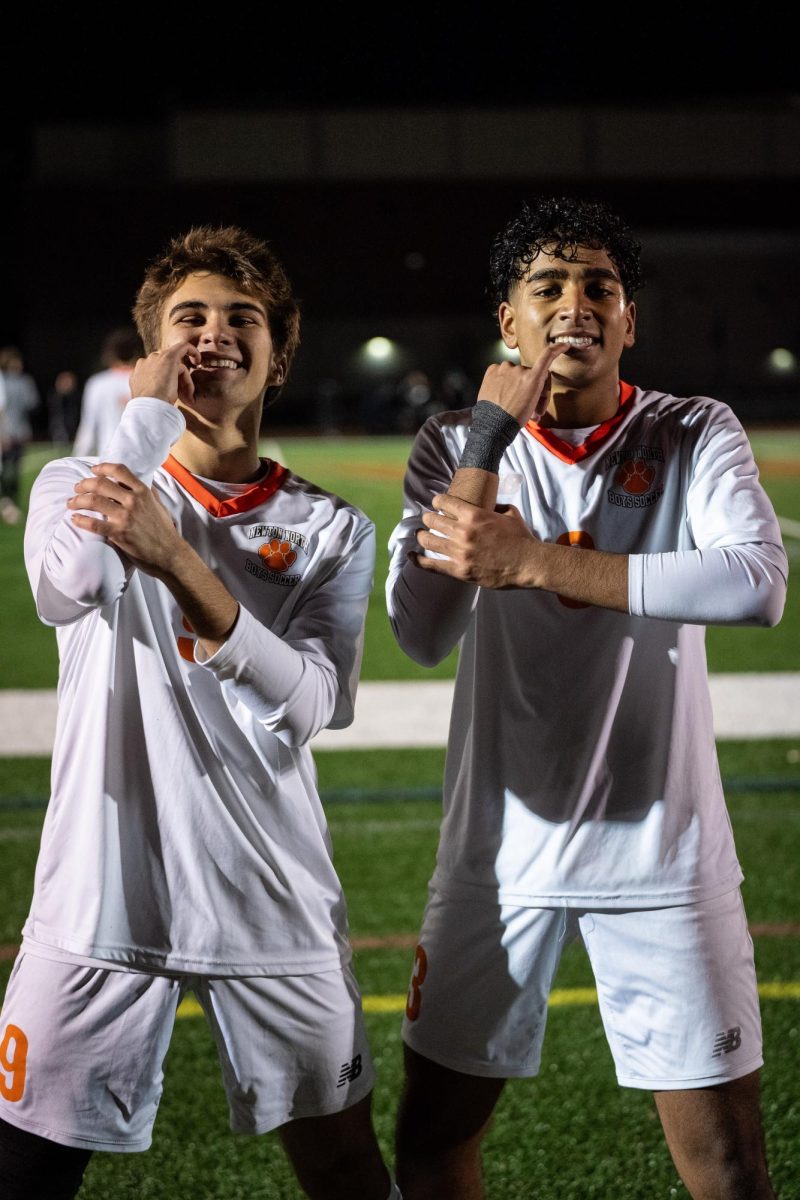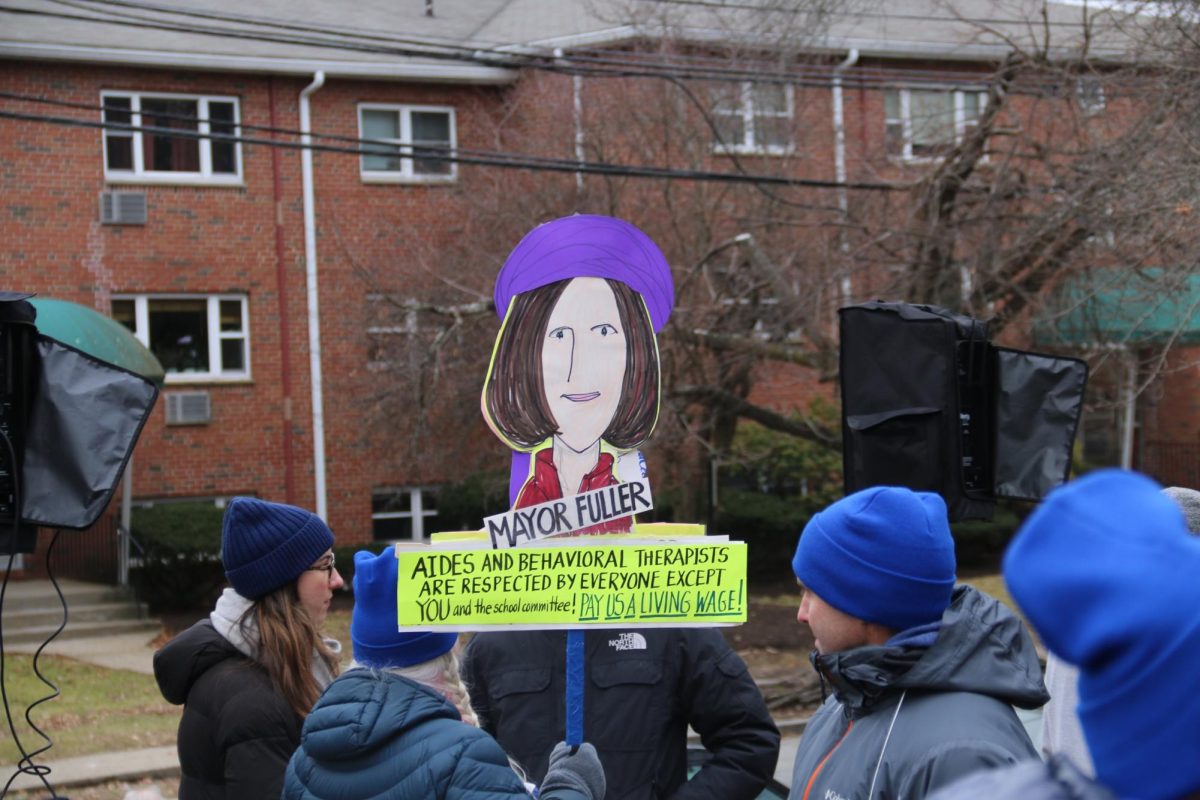Most sports fans can agree, March Madness is awesome. Upsets! Buzzer beaters! The entire tournament is a whirlwind of sports excitement. The first two days of the tournament are the best. From noon until night, there is a consistent cycle of games being played. Everybody’s bracket is still intact, and for the briefest moment, it seems like the billion dollar prize for a perfect bracket is within reach. But then it’s gone, as the probability of obtaining a perfect bracket is one in more than nine quintillion. After that, it’s a quick few weeks until the national championship that comes just as you reach your college basketball breaking point.
However, as great as March Madness is for the fans, from an NBA perspective, the tournament, and the rest of the college system, is ultimately disappointing.
It is impossible to have a definite understanding of how players will translate to the pro level. Some get better when placed in a more strenuous environment, and many get worse. That being said, it becomes much harder to judge a player’s capabilities when a scout’s judgement is clouded by the white noise of college basketball. Throughout the March Madness, an upset—when a lower seed defeats a higher seed— is a perfect example of the outside stimuli that keeps scouts from getting an adequate assessment.
For example, in the first round of this year’s tournament, University of Arizona, led by freshman phenom DeAndre Ayton, the potential first pick in this year’s NBA draft, lost by 21 points to University at Buffalo, a a Buffalo team without a single draft prospect. Ayton’s stats were underwhelming: 14 points and 13 rebounds despite being a head taller than most of his opponents. Upon seeing a result like that, many would immediately blame Ayton for the team’s loss. He was their star player, the one who had carried them to the tournament in the first place, and he had a lackluster performance which led to his team’s early exit. But that would be unfair and inaccurate. In a bizarre turn of events, Ayton seemed to be disengaged from the game. As I yelled at my TV for his teammates “to pass him the damn ball already!” the coach allowed his much less polished, non-NBA prospect guards to dribble around the perimeter and turn the ball over. It is impossible to blame the loss on Ayton as he attempted only 13 shots.
One of the top, if not the number one, prospect in this year’s draft is 19 year old Slovenian player, Luka Doncic. He plays for Real Madrid, a European team, and is projected to be one of the best international players to come into the league without playing in college. Aside from his talent, one of the upsides NBA scouts see from him is that he has been able to produce at a high level in a competitive league against other professional athletes.
The same cannot be said for top college prospects. They play against college-aged teenagers, many of whom will never play professionally or ever again once college is over. This makes scouting exceptionally difficult as statistics can become overinflated when playing against lesser opponents. This weaker league is a major contributor to the exceptionally high number of busts, unsuccessful professional players who performed well in college, that are drafted into the NBA. Jimmer Fredette is a good example of this, a player who dominated in college but then failed miserably as an NBA player. After leading the NCAA in scoring during his college years, he was drafted tenth overall before washing out of the league in five seasons where he never averaged more than seven points a game.
Obviously, the point of college is not just to produce players for the NBA. The point is to win although anyone with a lick of common sense could figure out that the best way to win is to throw the ball to the enormous future number one draft pick! This is all to say that things like terrible coaching can make elite prospects look bad, and great coaching, which factors in quite a bit more in college, can make poor prospects look like future stars.
College basketball is fun and exciting. The fact that we are watching unpolished teenagers instead of professional machines adds a layer of unpredictability to games that the NBA just doesn’t have. That being said, for top professional teams, the unpredictability of college is precisely the problem. The players are young, and it’s their first time in the national spotlight, but instead of being groomed for success, future stars are thrown into an environment that is not conducive to their growth. Not only does the college system hurt their development, but it decreases the quality of basketball in general.
Categories:
Opinion: March Madness ruins NBA scouting
April 11, 2018
Donate to The Newtonite
More to Discover









































